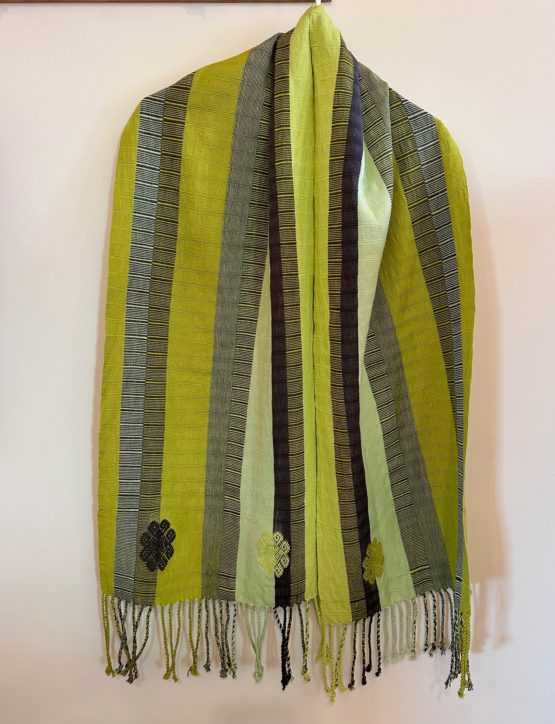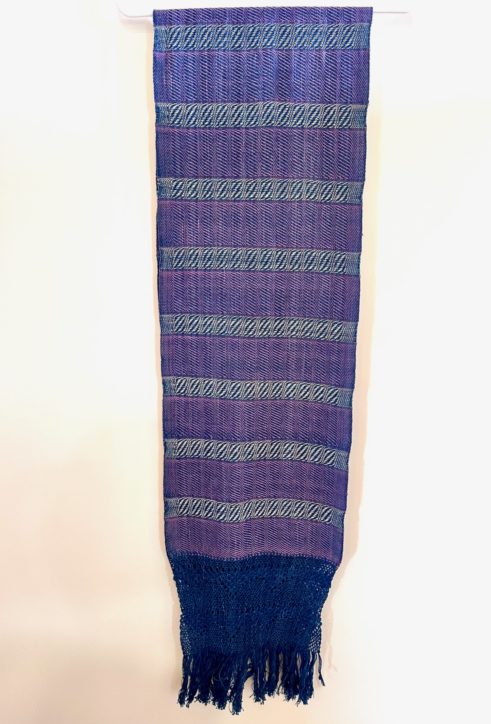Yesterday, I sat on the Zocalo with Lauren who is a child advocate professional on sabbatical with her husband and three children. They have been living in Oaxaca for five months and have seven more months here before they return to Atlanta. Lauren says time is slipping by like sand through her fingertips. She wants to give her children, all under age 12, a multicultural experience and become bilingual.
We were approached by a seven year old child selling chiclets and candy, raised as a street vendor, making the rounds between the Zocalo and some of the fancier restaurants that welcome the young solicitors as being a cute diversion for their customers who wait for their meals. Lauren recognizes this child and notices that she is not her usual energetic self, and we wonder if this time the girl has been given a drug to make her more compliant to go out once again into the streets to help the family make a living. Ten pesos for a pack of gum. How far will that go and what will happen if the child comes home without making her quota? We talk about local projects, some directed by estadounidenses (people from the U.S.A.) social advocates who come to Oaxaca wanting to change or “improve” the way life happens here.
Later, as I take photos of local children on Macedonio Alcala, I am stopped by a young Mexican man who tells me that I should give the boys money for taking their photos, that they are hungry and need to eat. So, I ask him, does that promote begging, and he replies, it doesn’t matter, because they are hungry and someone needs to feed them. I dig in my bag for some pesos acknowledging my own confusion. Am I insensitive and manipulating or am I being manipulated. What is the truth and whose opinion matters most here? I have traveled the world and have learned not to respond to begging. The last thing I want to do is promote it. But, in a country of extreme poverty and gaps between the haves and have nots, where unemployment is rampant, who holds the truth?
In a conversation earlier in the day with a friend, we talk about a group of women from the USA who come to Oaxaca to restore indigenous weaving in the Mixteca region of Oaxaca. They are directing the project, asking the local women to weave certain patterns using a specific weaving style. Do these influences change the nature of the work from indigenous to create a more commercially viable product? Why are foreigners and foreign values influencing traditional indigenous practices? Is this volunteer work opportunistic or altruistic? Why are these projects not created and led by Mexicans who are committed to sustainable development for their own communities? Where is the boundary between capacity building and then moving out to give people a chance to create their own destiny or continuing to control a project from the outside as colonizers have done for millenium?
Later, we are eating dinner in Casa Oaxaca and a child approaches us selling gum. Stephen buys a pack for ten pesos. That’s about seventy cents. The waiter confirms that many child vendors are medicated so that they do as their parents require. We leave the pack of gum on the table as we leave. I remind myself that it is important not to judge how others must live their lives to survive. It is not for me to impose my cultural values on others, only to understand why.








2 responses to “The Dilemma of Cultural Interpretation”